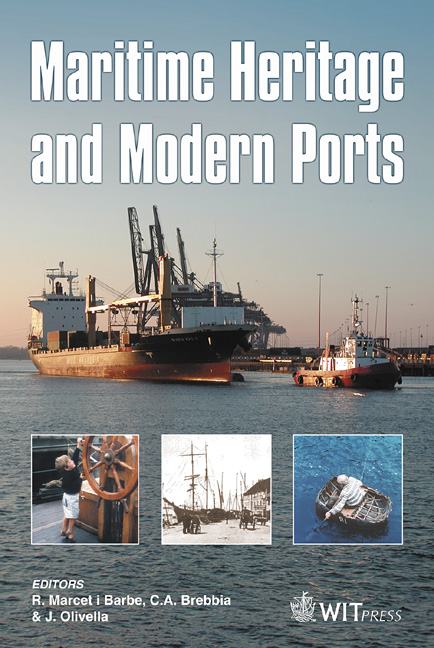Port Governance And Security
Price
Free (open access)
Transaction
Volume
79
Pages
11
Published
2005
Size
272 kb
Paper DOI
10.2495/MH050261
Copyright
WIT Press
Author(s)
M. A. Valleri
Abstract
This work aims at realising how the present governance process in the ports blends and clashes with centralisation and decentralisation processes both from an Italian and international point of view. The carrying out of market liberalisation, fulfilled through the deregulation, privatisation and new regulation phases, has become possible thanks to the idea that social-economic development could be achieved through a bottom-up planning rather than through a top-down one. We will briefly deal with port governance forms and we will define the kind of governance present in Italy. Then we will focus on difficulties about security and the contrasts between liberalism and pricing rules (particularly in Italy and Spain) and we will consider the reasons for governance uncertainty in the present situation above all because of the insufficient UE guidance. The conclusions stress how the uncertainty that regulates the relationships between institutions and powers, on an international level, seems to be reflected in the different national and European power hierarchies. Keywords: port, governance, security, policy, competitiveness. 1 Introduction This paper analyses how the present Governance process in ports blends and clashes with the actual process of devolution both from an Italian and an international point of view. The idea that social-economic development could be achieved through a bottom-up planning rather than through a top-down one has allowed the carrying out of market liberalisation. Port governance forms will be considered in order to define the kind of governance present in Italy. Then we will pay attention to difficulties about security and the contrasts between liberalism and pricing rules (particularly in Italy and Spain) and we will highlight the reasons for governance uncertainty in the present situation above all because of the insufficient UE guidance.
Keywords
port, governance, security, policy, competitiveness.





